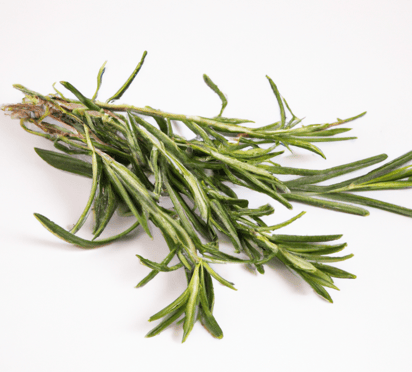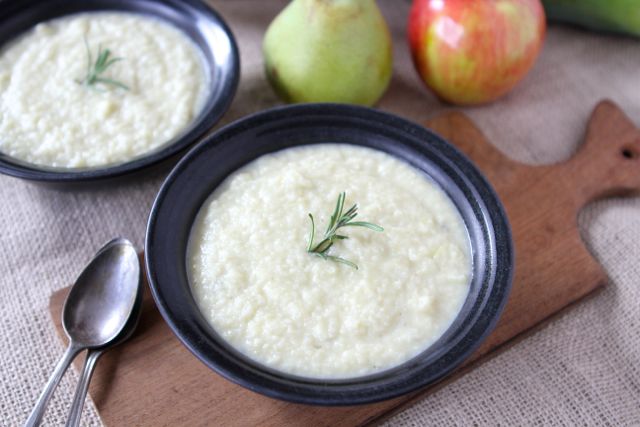Rosemary: Important Facts, Health Benefits, and Recipes
Explore the health benefits of rosemary, a versatile herb rich in antioxidants and anti-inflammatory compounds, and discover its uses in various cuisines and recipes.

Best Rosemary Recipes
-
:max_bytes(150000):strip_icc()/__opt__aboutcom__coeus__resources__content_migration__serious_eats__seriouseats.com__recipes__images__2012__07__201206-215058-seasonalcocktail-peach-and-rosemary-cocktail-9909d75218df4a38a25a0ecd5c44fc31.jpg)
-
:max_bytes(150000):strip_icc()/__opt__aboutcom__coeus__resources__content_migration__serious_eats__seriouseats.com__recipes__images__20110608-155992-sweettech-candied-zest-recipe-bf8668055c5843689c86b14496549c41.jpg)
-

-

-

-

-
:max_bytes(150000):strip_icc()/__opt__aboutcom__coeus__resources__content_migration__simply_recipes__uploads__2010__05__rosemary-focaccia-horiz-a-1600-032733905e8544c9a29975761076f450.jpg)
-

-
![Rosemary Salt Recipe Image]()
-
![Rosemary Olive Oil Bread Image]()
-
![Rosemary Roasted Almonds Image]()
-
![Rosemary Roasted Onions Image]()
-
![Rosemary Sea Salt Pretzels with Rosemary Cheddar Cheese Sauce Image]()
-
![Rosemary Gin Fizz Image]()
-
![Rosemary Parmesan Popcorn Image]()
-
![Charred Corn and Rosemary Grilled Pizza Image]()
-
![Low-Carb Rosemary Flax Crackers Image]()
-
![Baked Ricotta Image]()
-
![Rosemary Garlic Farmers Cheese Image]()
-
![Zuni Roasted Chicken with Bread Salad Image]()
-
![Fried Mozzarella Balls Image]()
-
![Sheet Pan Balsamic Chicken Image]()
-
![Easy Butternut Squash Soup Image]()
-
![Chicken and Dumplings Image]()
-
![Sweet Potato Hummus Image]()
-
![Roasted Apple, Pear & Parsnip Soup Image]()
-
![THE BEST Quick Roasted Tomatoes Image]()
-
![Rotisserie Herb Butter Turkey Image]()
-
![Gnocchi With Pomodoro Sauce Image]()
-
![Oven Roasted Chicken with Lemon Rosemary Garlic Butter Image]()
-
![Pomegranate Martini Recipe Image]()
-
![Grilled Swordfish with Smoked Paprika and Herbed Fruit Salsa Image]()
-
![Grilled Pork Chops with Spicy Balsamic Grilled Peaches Image]()
-
![Berry with Arugula and Prosciutto Pizza Image]()
-
![Slow Cooker Balsamic Chicken Image]()
-
![Red Potato, Sausage and Rosemary Fontina Pizza Image]()
-
![Burr Trail Grill Pickled Beets Image]()
-
![Lemon and Cherry Mini Bundt Cakes Image]()
-
![Meyer Lemon Fettuccine Image]()
-
![Fig Spread and Cheese Crostini Appetizer Image]()
-
![Whiskey Lemonade Recipe with Honey Simple Syrup Image]()
-
![Grilled Pork Loin Roast with Balsamic and Raspberry Chili Glaze Image]()
-
![Pollo in Potacchio (Braised Chicken with Tomatoes and Rosemary) Image]()
-
![How To Make an Epic Charcuterie and Cheese Board Image]()
-
![Chickpea Tomato Soup with Rosemary (Instant Pot, Slow Cooker and Stove Top) Image]()
-
![Navy Bean, Bacon and Spinach Soup (Pressure Cooker, Slow Cooker or Stove Top) Image]()
-
![16 Bean Soup with Ham and Kale Image]()
-
![Spiralized Turnip and Potato Au Gratin Casserole with Turkey Image]()


:max_bytes(150000):strip_icc()/how-to-make-rosemary-salt-100990-hero-01-88104609192e4639a57b0324d8bb0fd0.jpg)






































